SRM供应商管理考试

Title: Importance of SRM in Effective Supplier Management
In today's rapidly changing business environment, supplier management has become an essential part of any organization's success. Companies worldwide are striving to maintain relationships with their suppliers to ensure they receive the best possible goods and services, at the best price, delivered on time.
Supplier Relationship Management (SRM) is a structured approach to managing supplier interactions and fostering close relationships with key suppliers. The objective of SRM is to achieve consistent supplier performance, minimize risk, reduce costs and drive innovation.
The process of SRM involves identifying strategic suppliers, assessing their capabilities and performance, developing and cultivating relationships, and continually monitoring and improving supplier performance. SRM focuses on aligning business strategies and objectives with those of the supplier, to create a mutually beneficial relationship.
There are several benefits that come with implementing an effective SRM program in your organization:
1. Improved Supplier Performance: By establishing a collaborative relationship with your suppliers, you can work with them to improve their performance and ensure they deliver consistent quality products or services.
2. Cost Savings: Through SRM, you can negotiate better prices, payment terms, and discounts with your suppliers, reducing costs and improving profitability.
3. Risk Mitigation: By developing a closer relationship with your key suppliers, you can proactively manage potential risks such as supply chain disruptions, quality issues, and regulatory compliance.
4. Innovation and Continuous Improvement: Collaboration with suppliers can lead to innovative ideas for product development, process improvements, and cost reductions.
However, effective SRM requires a significant investment in time, resources and technology. A successful program needs a dedicated team, a sound strategy, and robust tools to monitor and measure supplier performance.
To build an effective SRM program, organizations should follow these key steps:
1. Identify Strategic Suppliers: Identify and prioritize key suppliers based on their criticality to your business, spend and risk.
2. Evaluate Supplier Performance: Develop a system to assess supplier performance based on key metrics such as delivery, quality, innovation, and cost.
3. Develop Supplier Relationships: Establish a collaborative relationship with key suppliers through regular meetings, feedback, and joint development initiatives.
4. Implement Continuous Improvement: Implement a process to continually monitor and improve supplier performance by analyzing data and implementing corrective actions.
Conclusion:
SRM is a critical component of effective supplier management in today's business environment. The benefits of SRM include improved supplier performance, cost savings, risk mitigation, and innovation. To achieve these benefits, organizations must invest in building an effective SRM program that includes identifying strategic suppliers, evaluating supplier performance, developing relationships, and implementing continuous improvement. By embracing SRM, organizations can gain a competitive advantage and ensure long-term success.
飞讯软件成立于2006年,拥有自主研发低码开发平台。是一家集“营销、制造、采购”全链路数智化工厂定制方案商和服务商。产品服务:数字化车间、互联工厂和链主工厂。公司以MRO、ERP、MES、WMS、CRM、SRM等产品为基础,为客户提供数智化工厂整体方案规划和落地陪跑服务,服务范围覆盖珠三角和长三角地区。致力于帮助客户创立切合实际场景、可传承、可创新的数字化运营体系,解决“流程信息化、管理数字化和决策智能化”等问题,为不同企业、不同阶段实现不同的经营目标。


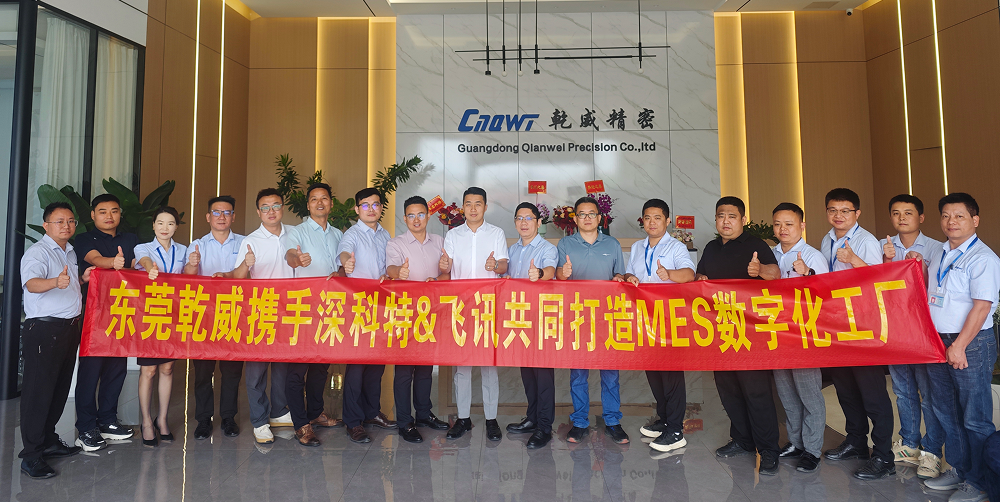
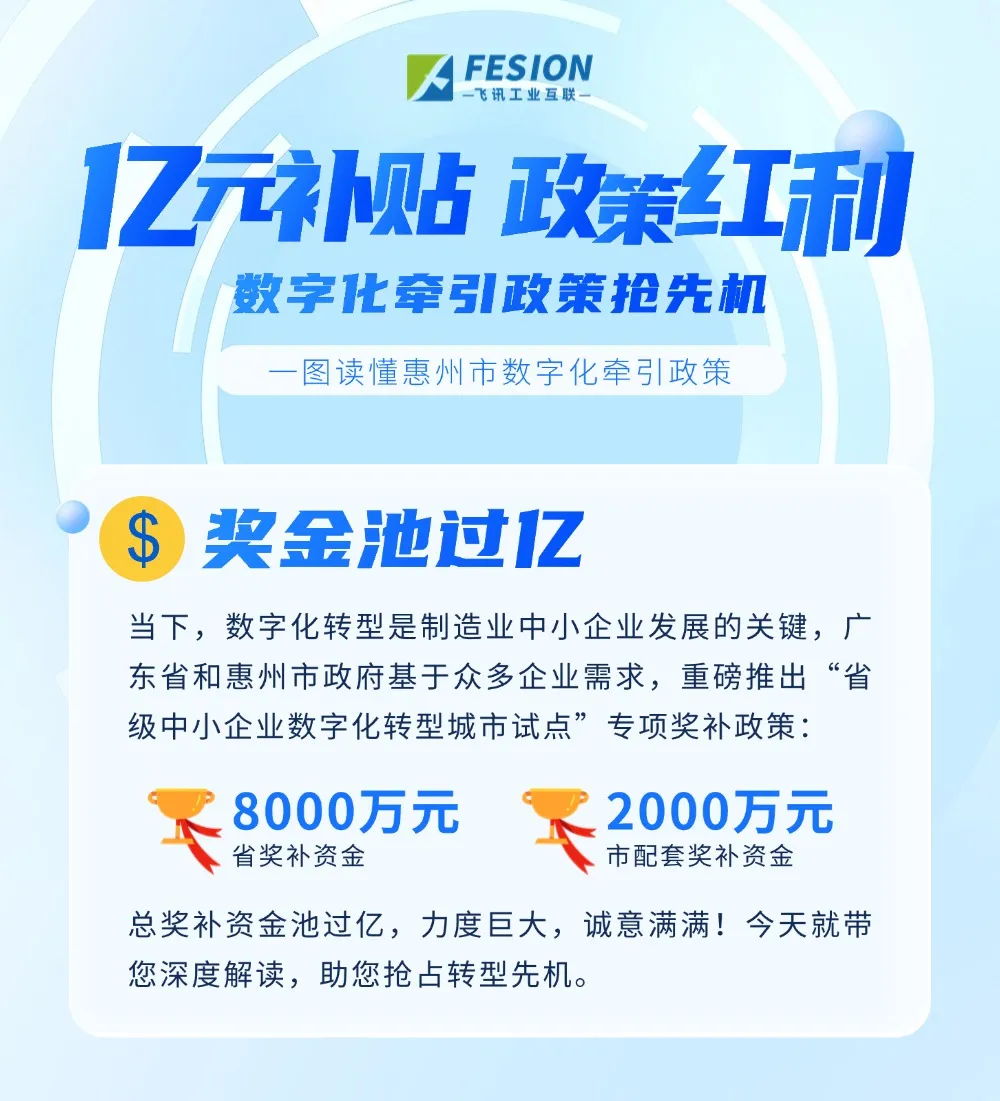






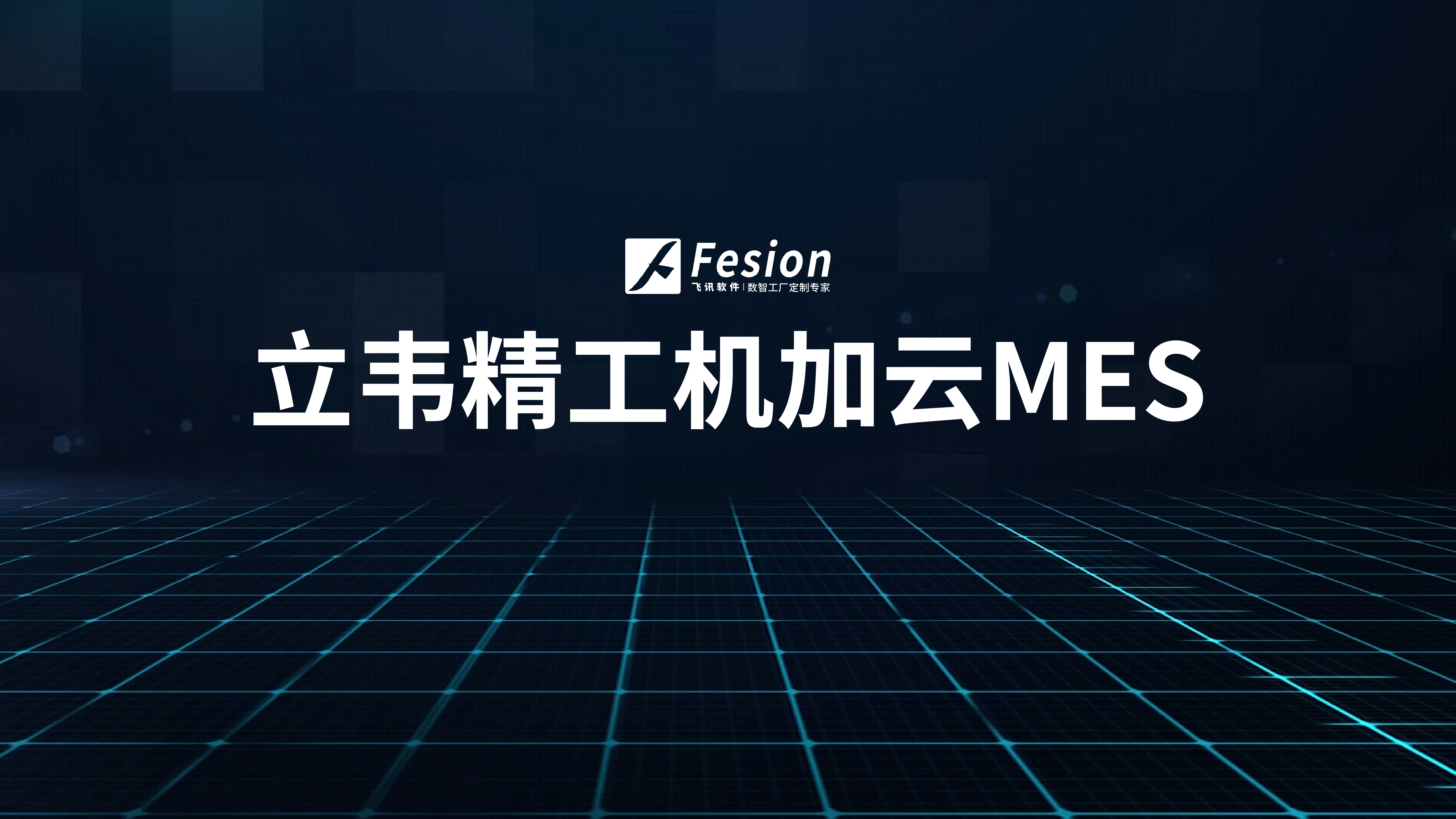
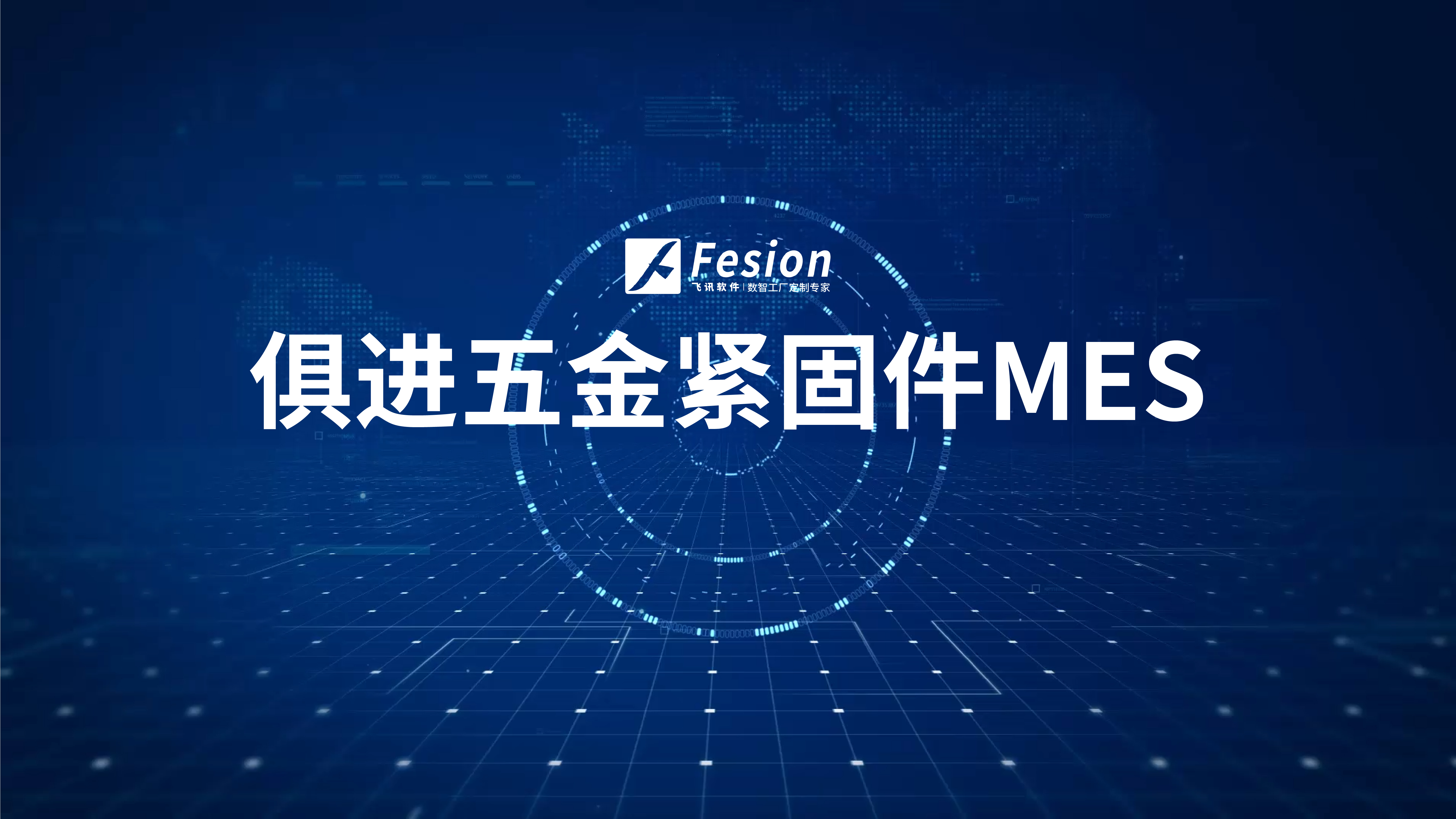
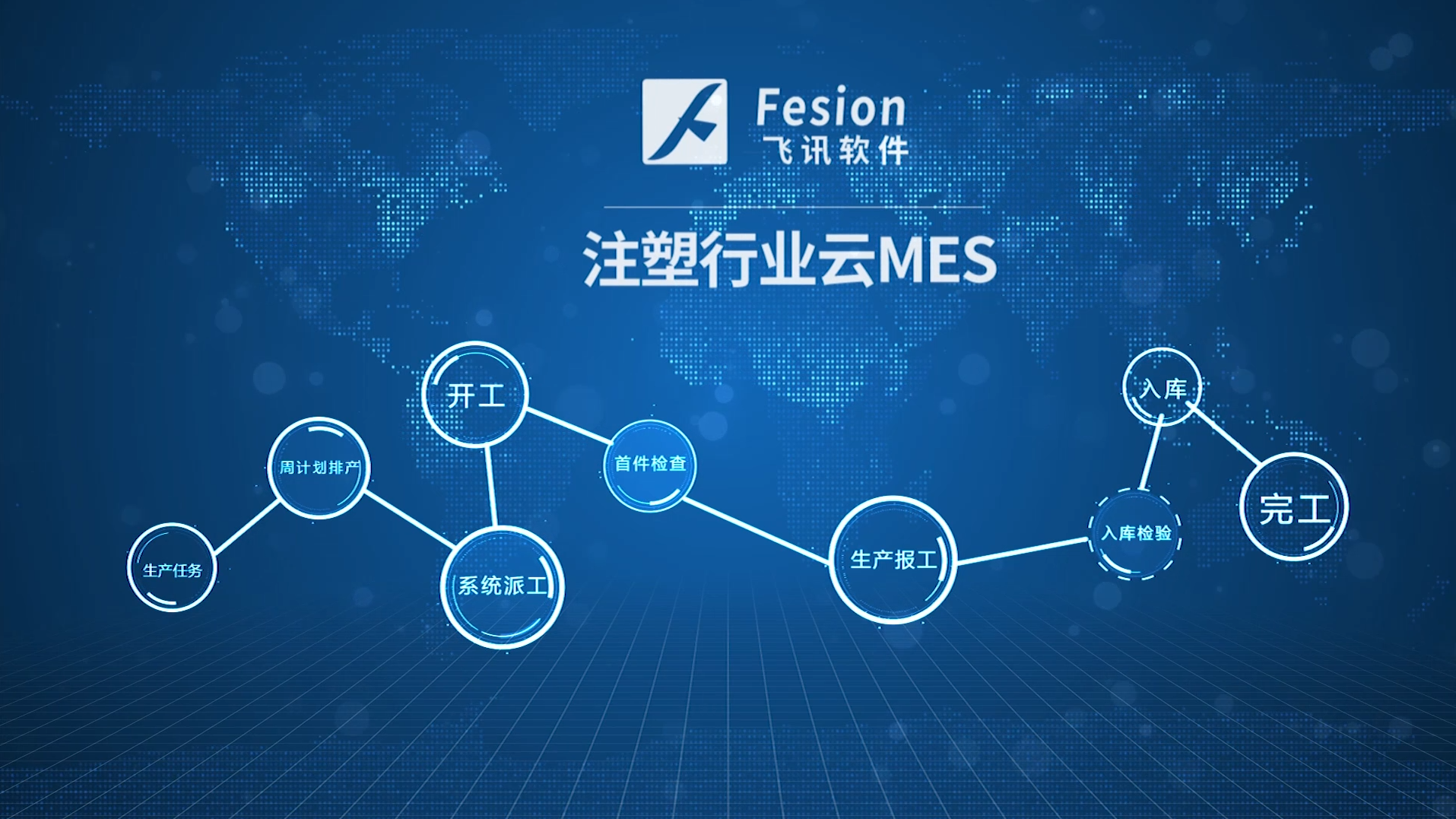










请先 登录后发表评论 ~